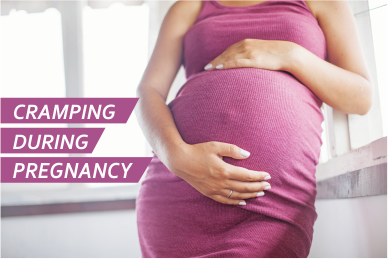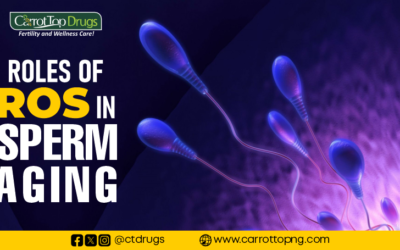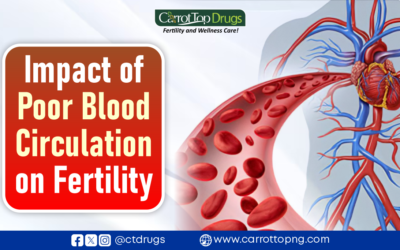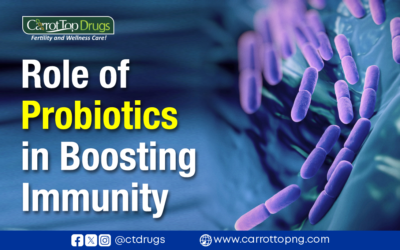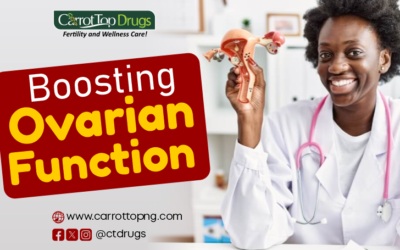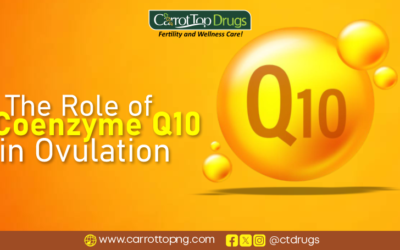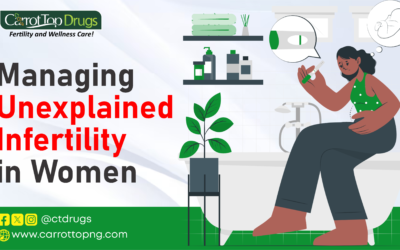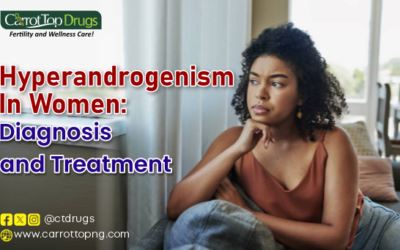Cramping during pregnancy is usually due to normal changes which occur during your baby’s development. You might experience a few sharp pains on either side of your abdomen resulting from the stretching tissue supporting your growing uterus.
These pains may also travel down your thigh and into your leg during the first trimester of your pregnancy, but this should not be a cause for alarm as cramping is a normal part of pregnancy in most cases as the body prepares for the baby. However, there are some cases cramps during pregnancy could be a cause for concern. Let’s take a quick look at the causes of cramping during pregnancy and how they can be managed.
CAUSES OF CRAMPING DURING PREGNANCY
- Implantation bleeding: When an embryo, also known as a fertilized egg, implants itself into the lining of the uterine wall, it could cause a bit of cramping in the lower abdomen. This is referred to as implantation cramping and can usually be the first sign of pregnancy.
- Uterine growth. During the first two trimesters of pregnancy, there is rapid uterine growth to accommodate the growing fetus. This could as well lead to early pregnancy cramping. As the ligaments and muscles which support the uterus grow, the mother may experience sharp pains whenever she stands, changes position or sneeze/cough.
- Gastric distress/Constipation: During pregnancy, elevated levels of progesterone hormone, which relaxes the muscles in your digestive tract slows down digestion leading to constipation as well as bloating. This causes crampy feelings around your abdomen.
- Cramps after orgasm: Women who have sex during pregnancy, might experience cramps after reaching orgasm. The pain may feel similar to a menstrual period cramp but should go away shortly after. It is harmless in a low-risk pregnancy. However, if you experience severe pain accompanied with bleeding, you should contact your Doctor immediately.
- Blood flow to the uterus: Your body sends more blood than usual to your uterus during pregnancy, which could result in a feeling of pressure around that area.
- Urinary tract infection: A urinary tract infection can be symptomless, but it could cause pain or pressure around the pelvic region. Other symptoms include foul-smelling, bloody and cloudy urine, burning sensation while urinating and the need to pee more often. A urinary tract infection can become more serious if left untreated.
- Practice Contractions: These, are labor-like pains that could occur in the second trimester of pregnancy (although, more common in the third trimester). During this type of contraction, a woman feels her uterus tighten up for about thirty seconds to a full minute. These contractions are irregular, infrequent, and unpredictable. Although, their known causes are activeness of the mother or baby, a full bladder, and dehydration among others.
SERIOUS CAUSES OF CRAMPING DURING PREGNANCY
While cramping could be common, here are some serious causes of cramping during pregnancy.
- Ectopic Pregnancy: This type of pregnancy occurs when fertilized egg implants outside the uterus. For example, it could attach itself to the fallopian tube, cervix or abdominal cavity. Ectopic pregnancy causes severe menstrual cramping and should be treated fast.
- Miscarriage: Sharp or mild cramping accompanied with vaginal spotting could be a sign of miscarriage. You should contact your Doctor immediately if you have severe cramping or heavy bleeding.
- Preeclampsia: This is a condition which pregnant women develop. It is marked by high blood pressure and high level of protein in the urine. Severe preeclampsia could cause intense pain in the upper abdomen
- Preterm Labour: Abdominal pain, increased pressure and cramping could be a sign of preterm labour if the cervix starts to dilate before 37 weeks.
- Placental abruption: This happens when the placenta separates from the uterus before the birth of the baby. Symptoms include lower abdominal pain and vaginal bleeding. You should contact your Doctor immediately if you experience any of these.
HOW TO TREAT CRAMPING DURING PREGNANCY
The following tips will help you alleviate cramps during pregnancy:
- Drink Water: Taking a lot of water can help you alleviate cramping during pregnancy as you are more likely to experience cramps during dehydration. Therefore, you should take at least 8 cups of water each day. Take water along with meals and take a few sips in between.
- Exercising and stretching: You should try stretching your body or doing mild pregnancy exercise routines to soothe cramped muscles. Aside from soothing cramps, they could prevent cramps from coming later on.
- Gentle massage: A massage could stimulate better blood circulation in the muscles, therefore relieving uncomfortable cramps. A gentle lower back massage will be good for you.
- Change Positions: You should try shifting positions while lying or sitting down when you experience cramps. You should not put any pressure on the source of pain.
- Warm Compress: Placing a warm compress against the source of cramp can help to soothe the pain as well as relaxing the cramping muscles. A warm bath will do as well.
- Sleep Well: You are more likely to experience cramps throughout the day if you deprive yourself of sleep. Make sure you sleep for at-least eight hours every night.
Although, cramps are a very normal part of early pregnancy, it is very important you discuss the with your healthcare provider when they get worse to make sure everything is fine.
Also, do not forget to always take your daily dose of EVERGREEN NATAL CARE. Natal Care is a special formulation of the most important vitamins and nutrients recommended to maintain a healthy and safe pregnancy. It is available in leading pharmacy stores and can be taken throughout all stages of pregnancy.
Inquiries? Call 07054644000

